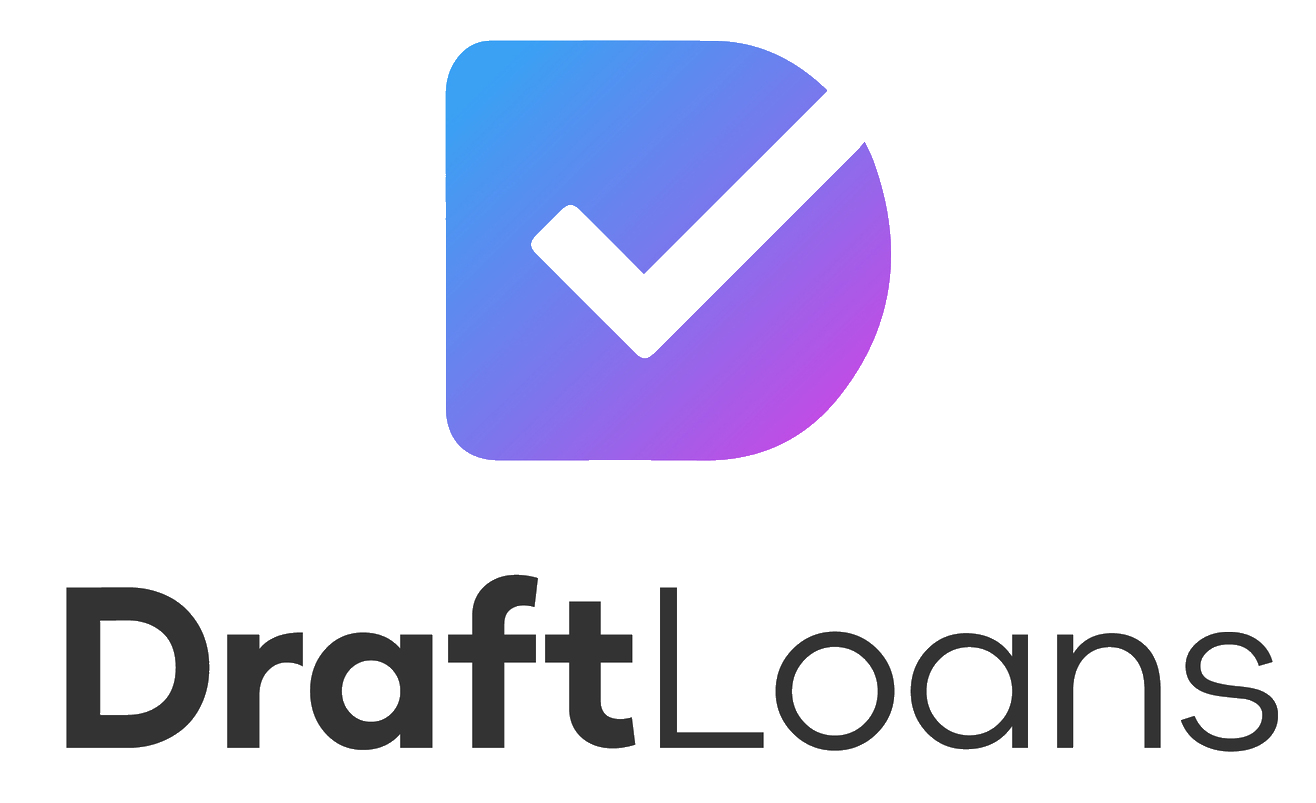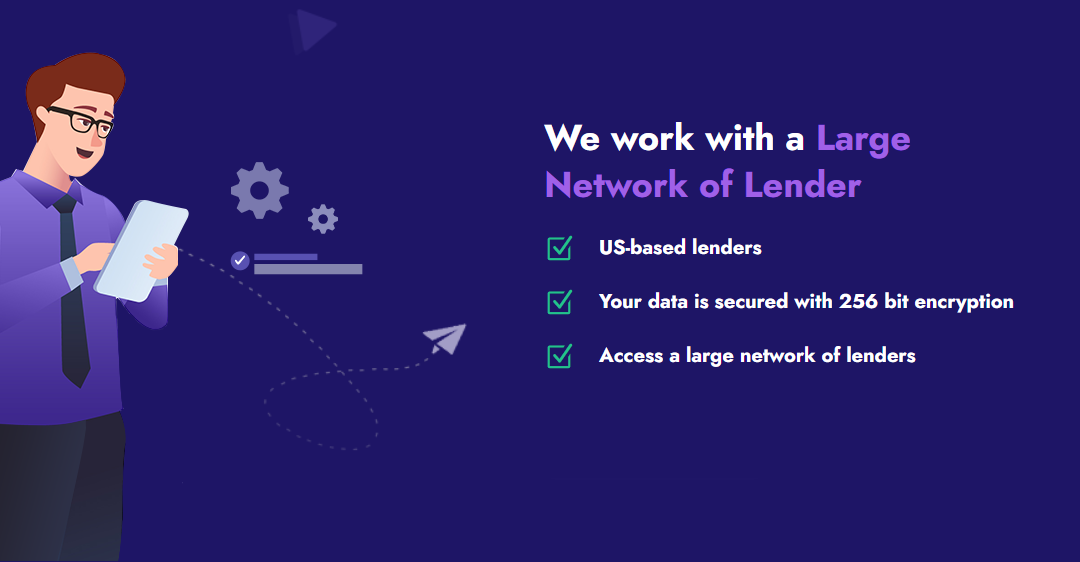A critical question for many grappling with financial challenges is, “Can payday loans be included in Chapter 7 bankruptcy?” This article aims to comprehensively explore this question, delving into the intricacies of Chapter 7 bankruptcy and its implications for payday loan debt. Understanding the role of payday loans in bankruptcy is essential for individuals seeking relief from overwhelming debt. We will examine the legal framework of Chapter 7 bankruptcy, how it applies to payday loans, and what borrowers need to consider when including these types of debts in their bankruptcy filings.
If you’d like help with money, you can apply for a payday loan with us.
Understanding Payday Loans
Payday loans are short-term, high-interest loans typically used by individuals facing immediate financial needs. These loans are accessible to many borrowers due to minimal credit check requirements. However, the ease of obtaining payday loans has a significant downside: high annual percentage rates (APRs), sometimes reaching or exceeding 400%.
The nature of payday loans often leads borrowers into a cycle of debt. The loan, intended to be a short-term solution, often becomes a long-term financial burden due to its high costs and the borrower’s inability to repay on time. As a result, borrowers may find themselves repeatedly extending or renewing their loans, accumulating more interest and fees, and worsening their financial situation.
What Is Chapter 7 Bankruptcy?
Chapter 7 bankruptcy, often called liquidation bankruptcy, allows individuals to discharge most of their unsecured debts, providing a fresh financial start. In this process, a bankruptcy trustee may liquidate non-exempt assets to repay creditors. After the completion of the bankruptcy process, most of the debtor’s remaining unsecured debts are discharged.
This type of bankruptcy is designed for individuals who do not have the means to pay back their debts. To qualify for Chapter 7, debtors must pass a means test, which assesses their income and financial ability to repay creditors. Chapter 7 bankruptcy can be a powerful tool for those overwhelmed by debt, as it can lead to the discharge of various types of unsecured debts, including credit card debt, medical bills, and personal loans.

Inclusion of Payday Loans in Chapter 7 Bankruptcy
Payday loans, as unsecured debts, can generally be included in a Chapter 7 bankruptcy filing. Debtors filing for Chapter 7 can list payday loans and other unsecured debts. The bankruptcy process aims to discharge these debts, releasing the debtor from the obligation to repay them.
However, there are some considerations to keep in mind. Payday lenders may challenge the discharge of their debt, especially if the loan was taken out shortly before the debtor filed for bankruptcy. They may argue that the loan was incurred fraudulently without intention of repayment. If a court agrees, the payday loan may not be discharged.
Moreover, the timing of the payday loan and the bankruptcy filing is crucial. Debts incurred 60 to 90 days before filing for bankruptcy are scrutinised for potential fraud. Borrowers should be prepared to demonstrate that they intended to repay the loan when they took it out.
Strategic Considerations for Payday Loans and Chapter 7
When contemplating bankruptcy, especially with payday loans involved, strategic planning is critical. Consulting with a bankruptcy attorney can provide valuable insights into the timing of the filing and the likelihood of successfully discharging payday loan debts. An attorney can help navigate potential challenges from payday lenders and protect the debtor’s rights.
Additionally, debtors need to consider the broader implications of Chapter 7 bankruptcy. While it can relieve unmanageable debts, it also has significant long-term effects on one’s credit score and ability to obtain future credit. Bankruptcy remains on a credit report for up to 10 years, potentially impacting the debtor’s future financial opportunities.
Alternatives and Precautions
Before proceeding with Chapter 7 bankruptcy, exploring alternative debt relief options is advisable. These may include debt consolidation, negotiating with creditors, or seeking assistance from a credit counselling agency. Sometimes, a repayment plan or debt settlement might provide a viable solution without bankruptcy.
Debtors should also be cautious of taking out new payday loans or other debts before filing for bankruptcy. Acquiring debt to have it discharged in bankruptcy can be considered fraudulent and may result in the debt being excluded from the discharge or other legal consequences.
If you’d like help with money, you can apply for a payday loan with us.

Frequently Asked Questions
Can payday loans be discharged in Chapter 7 bankruptcy? – Generally, yes, as they are considered unsecured debts.
What are the risks of including payday loans in Chapter 7 filings? – Lenders may challenge the discharge if they suspect fraud.
How does the timing of a payday loan affect its discharge in bankruptcy? – Loans taken shortly before filing may be scrutinised for fraud.
What are some alternatives to bankruptcy for managing payday loan debt? – Debt consolidation, negotiation with lenders, credit counselling.
How long does a Chapter 7 bankruptcy stay on your credit report? – Up to 10 years, affecting credit scores and future credit opportunities.
Including payday loans in a Chapter 7 bankruptcy can offer financial relief for those struggling with high-interest payday loan debt. However, it’s important to approach this option with a complete understanding of the legal process, potential challenges, and long-term implications. Consulting with a bankruptcy attorney can provide critical guidance and ensure that the decision to file for bankruptcy is made with a comprehensive view of the individual’s financial situation.
Exploring alternatives and understanding the nuances of bankruptcy law are essential steps in making an informed decision. While Chapter 7 can provide significant debt relief, it should be considered carefully, with an eye toward immediate relief and long-term financial health. By taking a thoughtful and informed approach, individuals can navigate their economic challenges and work toward a more stable and secure financial future.
If you’d like help with money, you can apply for a payday loan with us.

